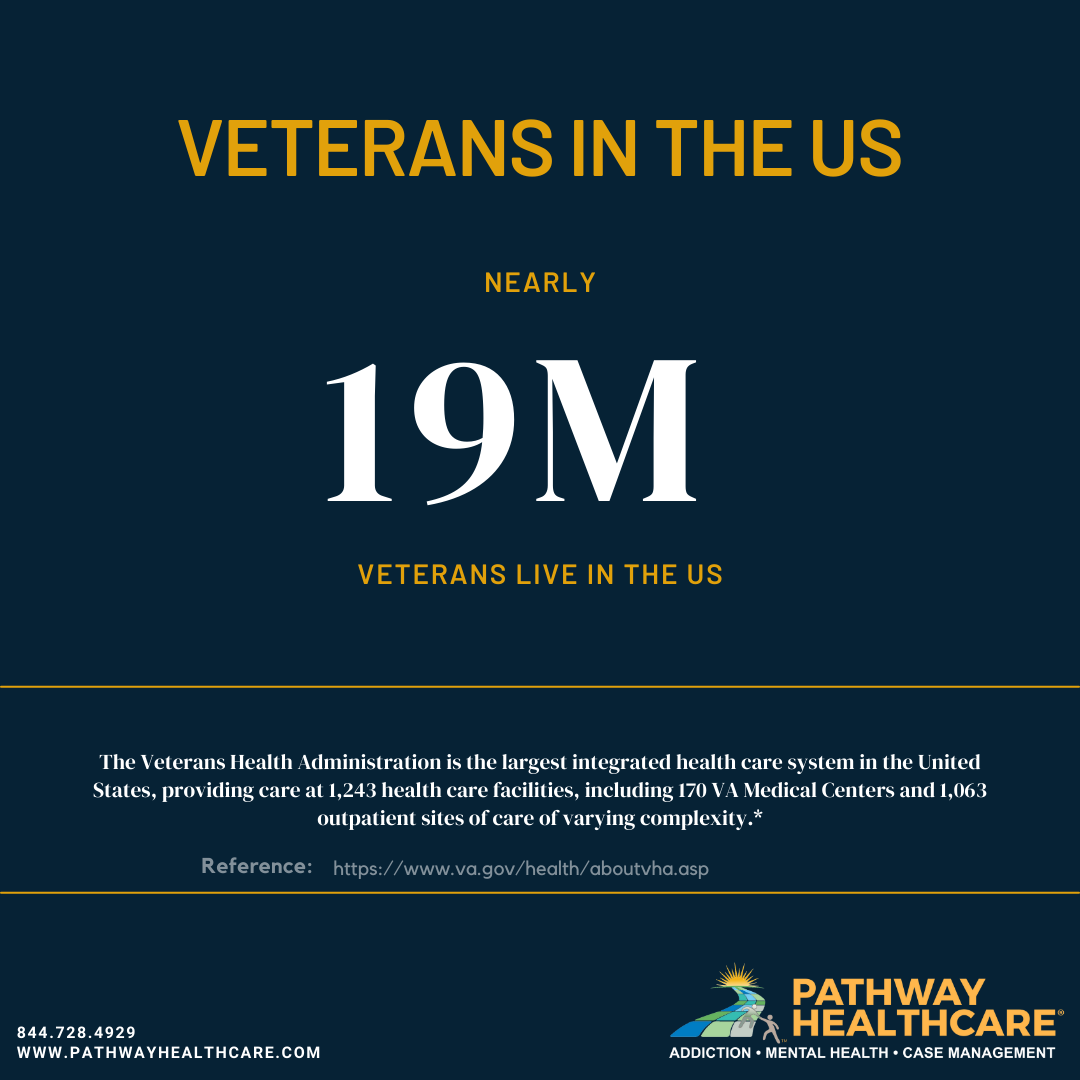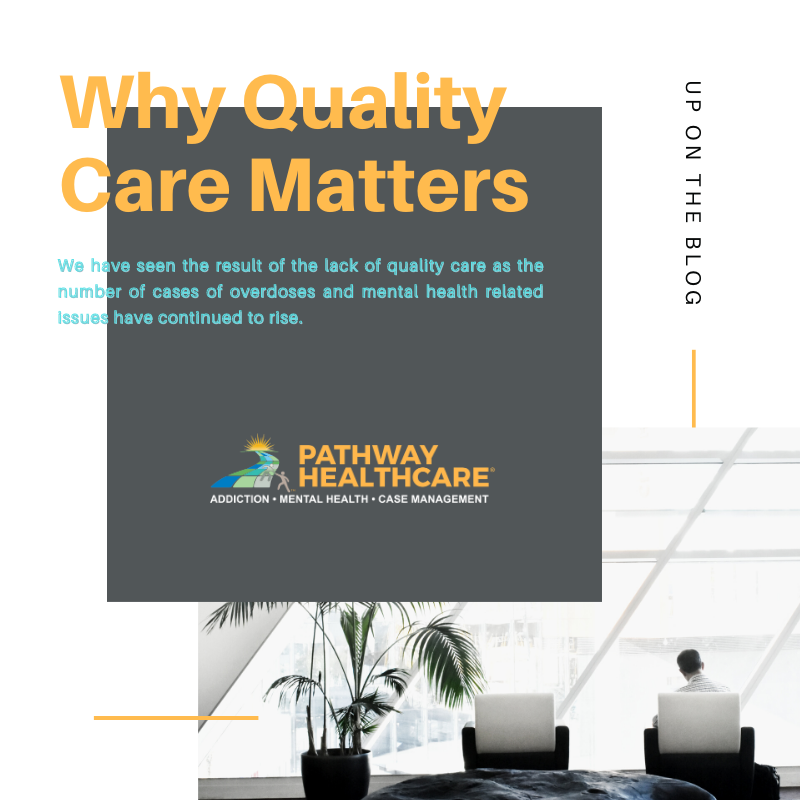Co-Occurring Disorders As It Relates to Domestic Violence
October is domestic violence awareness month and it is important to bring to light the issues that cause domestic violence. Domestic violence is much more than physical assault. Domestic violence can also include non-physical behaviors such as: emotional abuse, verbal abuse, sexual abuse, financial abuse, spiritual abuse, and elder abuse.
As a society, we are doing a much better job at not turning a blind eye to domestic violence and the stigma associated with it. However, it is simply not enough to focus on the actions of the perpetrator, but we must also understand what causes the behavior and what the outcomes might be. As we continue to study things such as trauma, PTSD, mental health disorders and substance use disorders, we are continuing to find the relationship between domestic violence and co-occurring substance use and mental health disorders.
As we begin to better understand the correlation between the co-occurring disorders, we can see how there is hope in treating both those who are victims of domestic violence and the people who commit domestic violence. As we study the disease of addiction and mental health, we can determine what genetic and environmental factors contribute to these diseases and how they may present in each person. For instance, a child who was brought up in a home that experienced violence and/or active substance use (drugs or alcohol), would be at an increased risk of becoming a victim or a perpetrator of domestic violence (based on ACE scores).
“The World Health Organization reports that women who reported partner violence at least once in their lifetime are nearly 3 times as likely to have suicidal thoughts and 4 times as likely to attempt suicide. Compared to those who have never been abused, survivors are 6 times as likely to have a substance use disorder.”[1]
Therefore, it is important for a person who has experienced or is experiencing domestic violence to undergo an evaluation by a psychiatrist or licensed counselor to determine the amount of trauma one has experienced and how that may be affecting or could affect decision making or one’s mental health. Additionally, simply incarcerating the offender without properly treating the offender, may result in a re-offense because underlying issues have not been addressed or dealt with.
If children are involved as witnesses to the domestic violence or are also suffering some level of the violence, they will also need evaluation and treatment so to not perpetuate the cycle of abuse (whether as a victim or a perpetrator).
It is important to note, however, that domestic violence isn’t necessarily caused by the substance use, but it can contribute to the violence. Some perpetrators may use drugs or alcohol before committing an act of domestic violence. Substance use and mental health disorders affect a person’s control in some way. Not being able to clearly control one’s behavior and not being able to comprehend the consequences of one’s behavior contributes to domestic violence. Additionally, because people often act differently when under the influence of drugs or alcohol or during a mental health episode, the domestic violence issues can look different for different people, and different from past situations.
The only way to end the cycle is to admit there is a problem and get help. Both parties are affected and one party cannot fix the other by staying in the situation when there is danger involved. Professional help can help determine what is triggering the need for drugs and/or alcohol, as well as diagnose any underlying mental health issues. Once these issues are discovered, a plan of action can be put in place to help everyone involved.
There is hope and we help people. If you are experiencing domestic violence or have experienced past domestic violence, we want to help you find healing and get on a healthy path. We offer individual treatment plans on an outpatient basis to find what is best for you. We also offer family counseling. We have a team of professionals who can help with medical needs, including treatment for substance use and alcohol use, and mental health needs, including psychiatrists and licensed counselors.
We have offices in four states (Alabama, Mississippi, Tennessee and Texas) spread across fourteen locations. We accept most insurance plans, Medicare, Medicaid and cash pay. We are accepting new patients in all our offices. Call 844.728.4929 or visit www.pathwayhealthcare.comfor more information.
If you are not the one suffering from domestic violence but you know someone who is, please share this with them and let them know there is help and hope available.
[1]http://goccp.maryland.gov/wp-content/uploads/2018-mcvrc-intersection-dv-mh-sa.pdf






